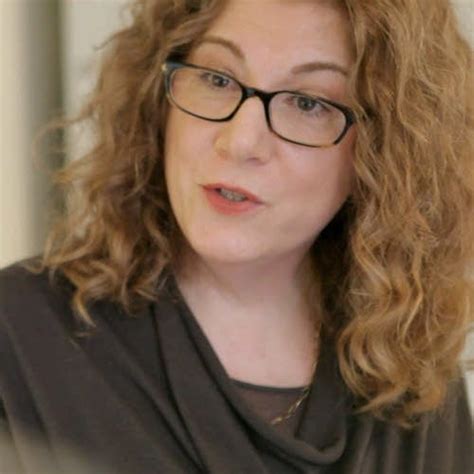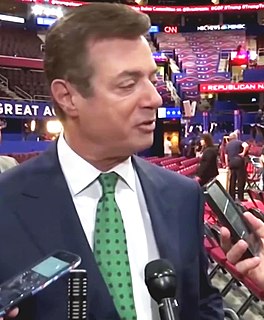A Quote by Michael Pollan
I try to write in the first person - the first person not of a journalist but of a carnivore, an eater, a gardener, someone trying to figure out what to feed his family.
Related Quotes
Jesus was a storyteller with amazing messages wrapped around them. What we want to do is get back to that. I'm not a preacher. I'm not the person on Sunday. I am the person that is trying to figure out life and wants to be pushed to be a better person. The first one that we're in production with right now is called Nouvelle Vie.
With repeated listenings, a piece eventually becomes its own being. I very often say to students that this is like meeting a person for the first time. When you first meet someone, you reference that person with others who are similar; but, as you get to know that person better, you begin to understand his unique qualities.
We've noted that the Clinton camp was the first to get it out there, trying to say there was something untoward about the speech Melania Trump gave. It's just another example, as far as we're concerned, that when Hillary Clinton is threatened by a female, the first thing she does is try to destroy the person.
If I write a character, instead of looking from the outside, like maybe a journalist would, trying to describe them physically and figuring out what kind of things they might be interested in or have in their house, I don't really do it that way. I try to feel what it would be like to be inside this person, to be them.
I write poetry to figure things out. It's what I use as a navigating tool in my life, so when there's something that I just can't understand, I have to "poem" my way through it. For that reason I write a lot about family, because my family confuses me and I'm always trying to figure them out. I write a lot about love, because love is continually confusing in all of its many glorious aspects.
The two mistakes that come to mind are people who introduce a flood of characters in the first few pages. Where the reader has to stop and get out a flow chart and has to figure out who is who. And you just can't do that - introduce the first four generations of a character's family in the first chapter. You can introduce four or five characters at the most in the first chapter. Another mistake is to use big words that are not normally used in conversation to try to impress folks with your vocabulary.





































